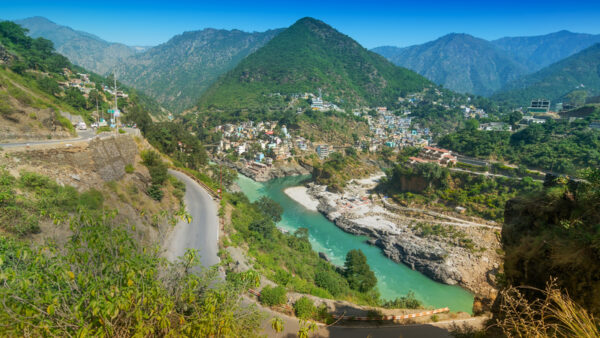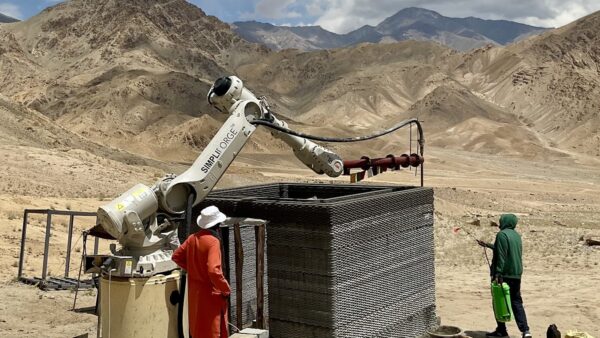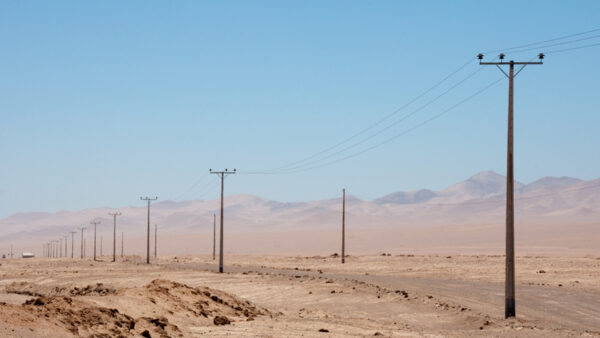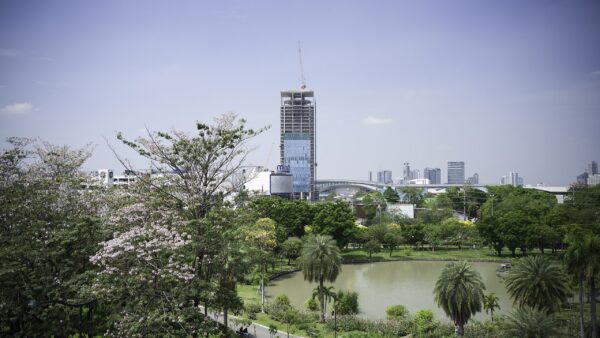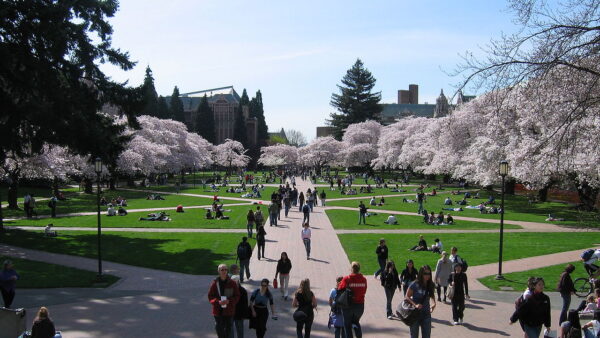China yesterday hoisted its flag at its brand new embassy in Panama, three months after the Central American country cut diplomatic ties with Taiwan.
Officials from the two countries hailed their deepening relationship and the potential for more infrastructure projects as China seeks to extend its Belt and Road initiative to Latin America.
Fresh from a visit to Panama’s northern neighbour, Costa Rica, Chinese Foreign Minister Wang Yi said that “bilateral ties have finally entered the correct state for the times”, reports state news agency Xinhua.
The two sides agreed to advance more than 20 ongoing negotiations linked to commercial and tourism exchanges. Other deals being discussed relate to investments, merchant cargo shipping, energy and transportation, said Xinhua.
Already China is building a $137m new town called City of Hope (Ciudad de Esperanza) near the Pacific coast city of Vista Alegre, and a $1bn mega port near the Caribbean entrance to the Panama Canal. This project that began just days before Panama switched recognition from Taiwan to the People’s Republic in June.
Amidst the celebrations Panama’s new ambassador to China, Francisco Carlo Escobar, said his country could be a strategic bridge to extend China’s Belt and Road Initiative to Latin America.
In an interview with Xinhua, Escobar said: “Panama can be (a strategic place) … for logistical distribution and perhaps to present certain infrastructure projects which could help the Belt and Road Initiative in the region.”
The ambassador noted that Chinese telecommunications giant Huawei has already operated in Panama as a regional base, saying he is confident that other Chinese companies will follow suit.
The Belt and Road Initiative, put forward by Chinese President Xi Jinping in 2013, envisages a global network of ports, railways, airports and other infrastructure to speed the flow of goods from China to the West.
China’s foreign minister Wang Yi arrived in Panama from Costa Rica, where he discussed Belt and Road opportunities in that country with his counterpart Manuel Gonzalez. In a press conference the two men said they were ready to strengthen cooperation in infrastructure construction, trade, energy and other areas, Xinhua reported.
Wang called on Costa Rica, which has recognised the People’s Republic of China over Taiwan since 2007, to help foster relations between China and countries in Central America and the Caribbean, where most of the 20 countries still recognising Taipei over Beijing are located.
A notable hold-out is Costa Rica’s northern neighbour Nicaragua, whose government wants a private Chinese company to build an interoceanic canal to rival Panama’s. That project appears to have stalled, and Nicaragua this year provocatively reiterated its support for Taiwan.
Image: Panama’s President Juan Carlos Varela, left, and Chinese Foreign Minister Wang Yi inaugurate the Chinese embassy in Panama City, 17 September 2017 (Xinhua/Dan Hang)
Further Reading:





